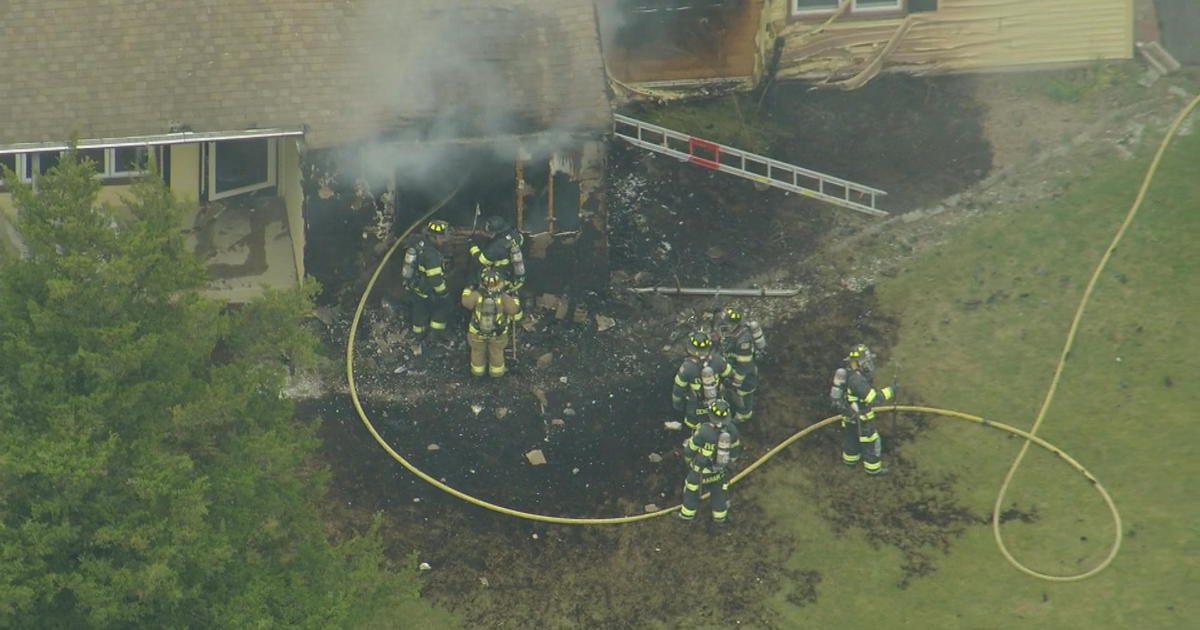Boston Bombing Aftermath: Fear, Empathy, Anger
 WebMD Medical News
WebMD Medical News
Reviewed by Michael W. Smith, MD
April 16, 2013 -- It’s normal to feel a range of emotions the day after the terror bombing attack at the Boston Marathon, even if you were thousands of miles away.
Los Angeles psychologist Emanuel Maidenberg, PhD, says that in the wake of all that horror, it's understandable that emotions are still raw and intense.
"People become vigilant, they look around, they become apprehensive," says Maidenberg, director of the cognitive behavioral therapy clinic at the UCLA's David Geffen School of Medicine.
Empathy for those killed or injured, as well as fear for your own safety and anger at the bomber or bombers, are also common and normal at this time, he says. Three people are dead and more than 150 are reported injured from two bombs that exploded near the finish line of the marathon Monday afternoon.
For people who witnessed the attacks, the same emotions can surface, he says, although they may be much more intense.
"Some people feel numb emotionally and some feel overwhelmed," he says. "Some people feel they have to start doing something right away to help other people." Immediately after the attacks, news reports told of runners who went straight to the nearby hospitals to donate blood.
"Some feel it's best to withdraw and isolate themselves," he says.
While the other emotions are healthy, withdrawing and isolating are not, he says.
For the runners, especially those turned back from finishing the race, he says, there is also disappointment and frustration.
Coping With Boston Attack: Handling Stress Now
For the first few days after such a catastrophe, Maidenberg says, sharing your feelings with others can help.
The tendency to stay plugged in constantly to news reports, though, can be mentally unhealthy, he says. "We want to know what's happening, who's behind it," he says. That helps us deal with some of the uncertainty.
But it can also keep you from your regular activities, which is good for healing, he says. He suggests limiting your news viewing. "My advice is, you do want to seek accurate and timely information. Once or twice a day, check in," he says. The rest of the time, it's better to go about your typical activities, he says.
This is the time to pay even more attention to your usual stress-reduction techniques and to do more of them, not less. It’s wise to give yourself a reality check, too. "We should also remind ourselves that the likelihood of this happening to us remains extremely low," he says.
While those who witnessed the events firsthand may take longer to cope with their emotions, anyone still feeling overwhelmed after 4 to 6 weeks should consider seeking professional help, Maidenberg says.
Mending the Minds of the Injured
The people seriously injured in the attacks often deal with body image issues and envisioning a new life, says Terrence Sheehan, MD. He is medical director of the Amputee Coalition and chief medical officer of the Adventist Rehabilitation Hospital of Maryland. Some of the victims lost limbs or suffered other serious injuries to their extremities. Others suffered brain trauma.
"The person has to acknowledge the loss," says Sheehan.
They have to progress from ''this is horrible" to the difficult recognition that the limb, for example, is not coming back.
This can be tough, especially for those accustomed to high levels of activity.
Creating a vision of their new life is the next crucial step, Sheehan says. "They have to let go of their old self and embrace their new self," he says.
For many, that is difficult to imagine, he knows. "It's hard to let go of something if you can't see what's ahead of you," he says.
To help them envision their lives going forward, Sheehan's rehabilitation team introduces patients to peer counselors, available nationwide, who have been through the same process. The peers focus on what ''getting back their life'' means to each patient, and they serve as a kind of buddy.
"For an 83-year-old woman, it may mean going back to her own house," Sheehan says. "For a 17-year-old, it's about being able to go to the prom and college."
His professional expertise as a rehab specialist is important, he knows. "But the most important piece here is about the peer-to-peer interaction."



